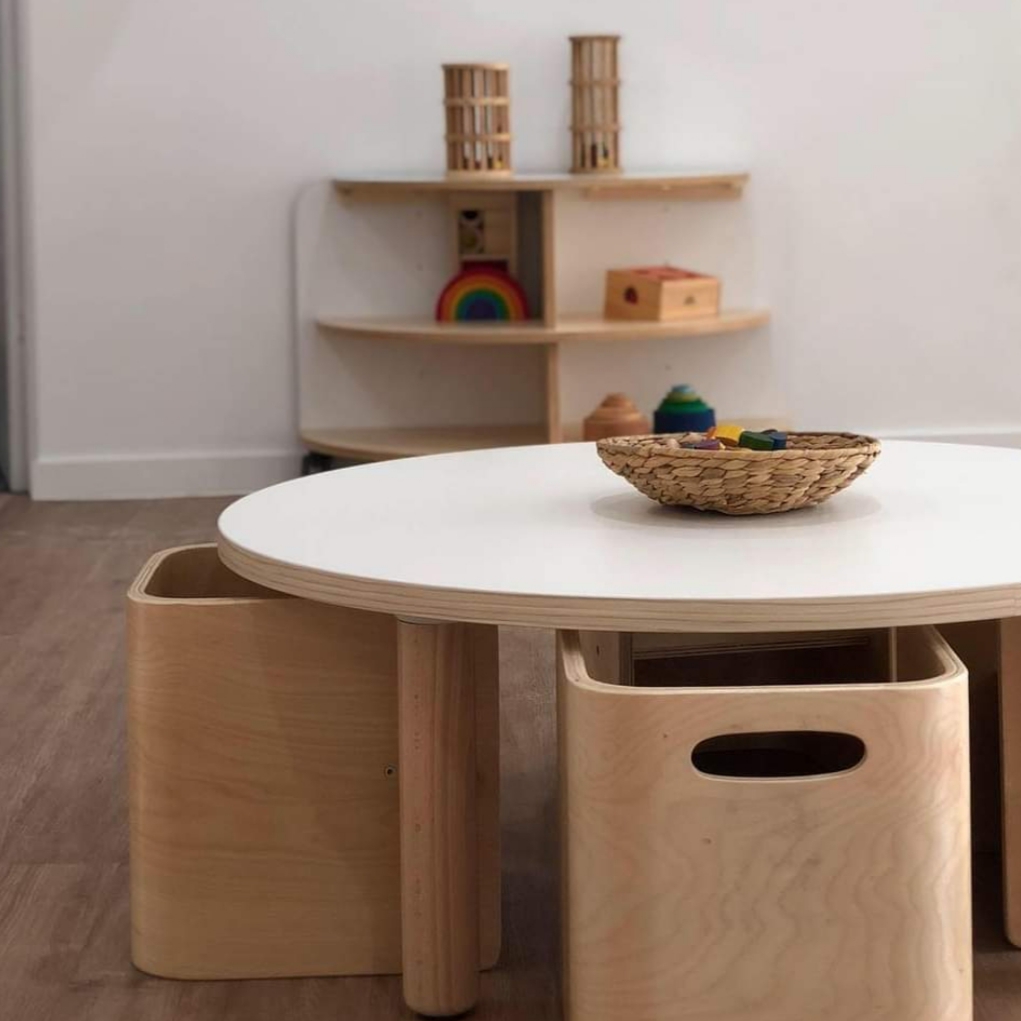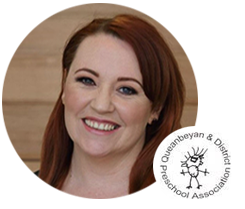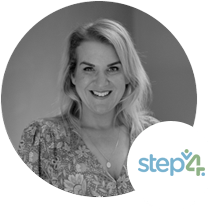
How to ensure you meet Quality Area 1
The Guide to the National Quality Standard describes Quality Area 1 as a focus on ensuring that the educational program and practice of educators are child-centred, stimulating and maximise opportunities for enhancing and extending each child’s learning and development.
It is an extremely valuable standard that ensures a service is providing a high-quality program. It can be interpreted in many ways to be a strong fit for each service philosophy and core values.
Here are 4 ways to ensure your Service is working towards meeting Quality Area 1:
-
Ensure you program is based on the approved learning frameworks
Whether you are working in LDC, preschool or OOSH care it is important that as an educator and a service you are basing your programs around the approved learning framework such as the Early Years Learning Framework (EYLF) or MY Time Our Place (MTOP). Being familiar with and having a clear understanding of the principal and practices surround these will ensure you implement successful child centred programs
-
The program and routines are based on the children in your care – their individual strengths, interests, culture and developmental level.
Quality Area one of National Quality Standards focuses around ensuring the programs are reflective of the children in your care. It is not a one size fits all approach and you must be able to identify how it meets the individual needs of the children.
-
Educators are purposeful and responsive in their approach to the education of the children in their care
Do the educators develop a program that has meaning and purpose and if so, how do they do this? Consider the decisions you make in relation to the set up of the environment and experiences you plan. How do educators respond to children when they show an interest in an area of learning? Are educators making changes and scaffolding the learning providing? Adding extension to their learning?
-
Critical reflection
Critical reflection will assist in meeting learning outcome 1 as you are able to demonstrate how you continually assess your ability to provide a learning environment that stimulates and enhances each child’s experiences. Thoroughly documenting how you do this is important and allow you to monitor the programs growth over time.









